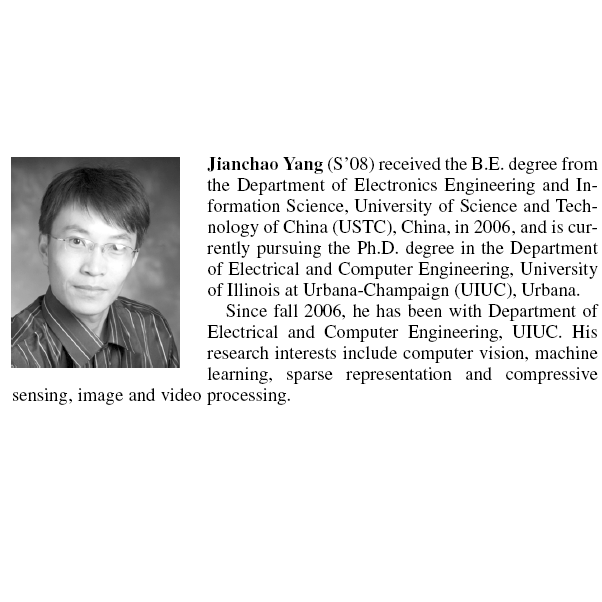New objects are continuously emerging in the dynamically changing world and a real-world artificial intelligence system should be capable of continual and effectual adaptation to new emerging classes without forgetting old ones. In view of this, in this paper we tackle a challenging and practical continual learning scenario named few-shot class-incremental learning (FSCIL), in which labeled data are given for classes in a base session but very limited labeled instances are available for new incremental classes. To address this problem, we propose a novel and succinct approach by introducing deep dictionary learning which is a hybrid learning architecture that combines dictionary learning and visual representation learning to provide a better space for characterizing different classes. We simultaneously optimize the dictionary and the feature extraction backbone in the base session, while only finetune the dictionary in the incremental session for adaptation to novel classes, which can alleviate the forgetting on base classes compared to finetuning the entire model. To further facilitate future adaptation, we also incorporate multiple pseudo classes into the base session training so that certain space projected by dictionary can be reserved for future new concepts. The extensive experimental results on CIFAR100, miniImageNet and CUB200 validate the effectiveness of our approach compared to other SOTA methods.
翻译:暂无翻译



